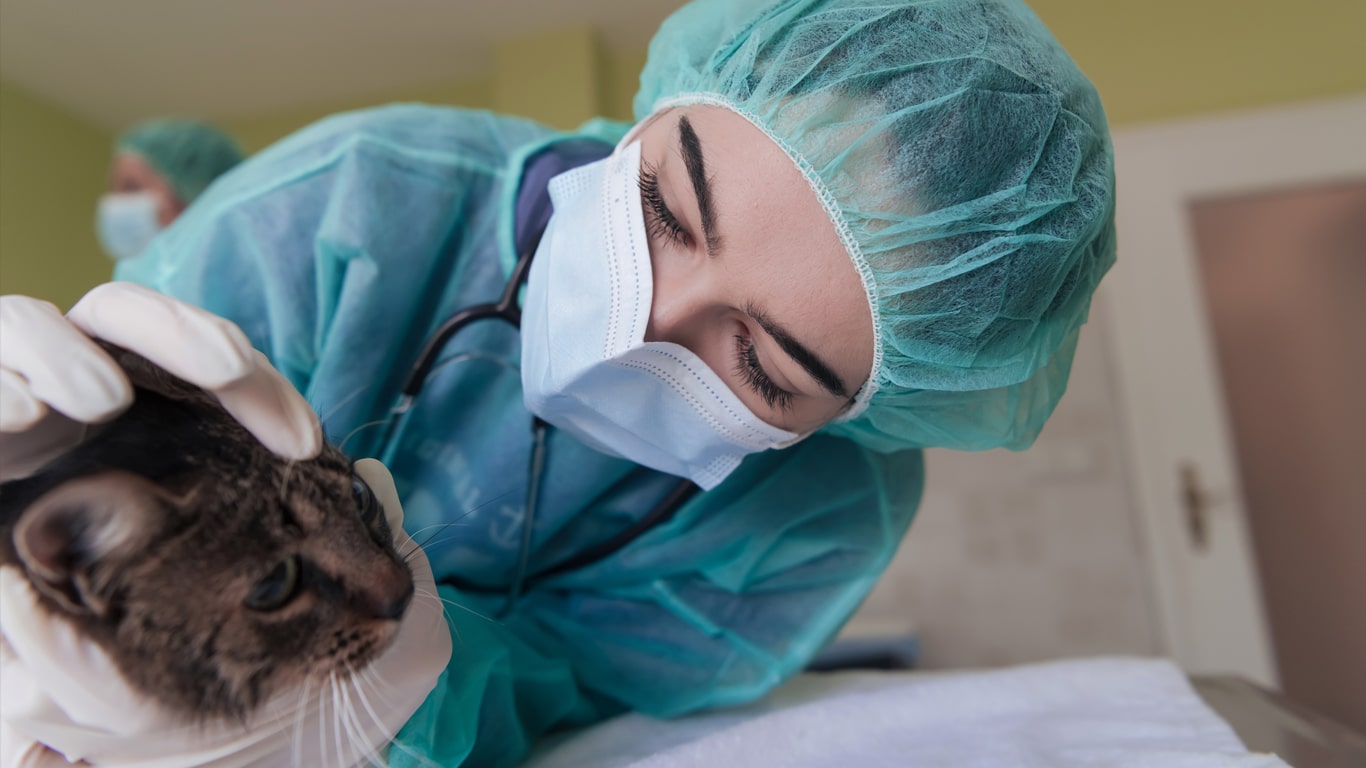The approach differs between universities and you should fully research the various modules, and the possibility of industry placements, which are a great way of getting experience within the industry prior to graduation. Other factors to consider is the amount of time you will get having hands on experience with animals.
Budding vets should expect to study modules such as animal health science, cell biology, anatomy, physiology, nutrition, genetics, animal behaviour, epidemiology, pharmacology, infectious diseases, pathology, parasitology and animal disease. Students usually also have a choice of elective subjects which are studied at greater depth and give the student time to specialise in their given interests.
Most universities also offer the opportunity to complete a research project. Importantly, a huge range of vocational skills are learnt during university – such as how to keep a level head in a crisis – which can be applied to multiple professional disciplines.
Veterinary science degrees can be hard work, time consuming and require dedication. The average teaching hours on a course at university is 14 hours, however veterinary science usually has 26 hours a week on average of teaching hours – sometimes rising to 32 hours. The time spent in lectures and seminars each week, however, varies between universities.

